I’ve always found it fascinating to watch how our design/biology pushes the developmental process, and when it comes to the way speech and language typically develop, it’s something close to magic. Given even somewhat normal biology, and exposure to language models, children will learn to talk and communicate in the most enchanting ways! We as parents get a sneak peak at the person they are becoming. Magic!
.jpg)
Ruth with her beautiful family
But what about when that process isn’t going well? What about when it seems every other two-year old is speaking in long elaborate sentences that even total strangers understand, and my child isn’t putting any words together at all, or maybe they’re talking lots, but no one except me understands what they say? What if my two-year old only has a vocabulary of ten words? Should I be concerned, or will they “grow into it?” What’s ‘normal,’ anyway?
Well, that’s a good question! First, let me point out that the range of what ‘normal’ is for speech and language during the preschool years is extremely wide. The two-year old who speaks in sentences with adult-like pronunciation might be at the upper end of the range, and the one who has a vocabulary of 150 words and averages two words per sentence might be at the lower end, but both kids fall in that ‘normal’ range.
There are, however, lots of milestones to watch for as our children’s communication skills grow. Here are a few to consider:
0 – 1 year
During this time, babies develop the skills that provide the foundation for speech and language. They start with developing eye contact, cooing and gooing, babbling to their first real words emerging around one year of age. Babies love turn-taking games like peek-a-boo, and love to share interest with an adult, like books, or watching construction in the yard next door. They learn some gestures, like waving bye-bye, or reaching to communicate ‘pick me up!’
2 years
At two years old, I want children to be averaging two words a sentence, e.g. “No bed,” “Mummy go,” and “Bye-bye, Nana.” Children’s vocabulary by two has grown to about 200 words. It might be primarily Mum and Dad who understand the child, but that’s okay.
3 years
At three years old, the kids should average three words per sentence, and should be able to make themselves understood to less familiar adults, like maybe a relative they don’t see every day. Their vocabulary has exploded, and the child should have a repertoire of 900-1000 words. At three, the kids will ask and answer where, what and who questions. They will ask why, but aren’t particularly interested in the answer – it’s often a strategy to keep the conversation going!
4 years
At four, kids are good little conversationalists. They average at least four words per sentence, and they can make themselves understood to most any adult. They are beginning to be able to tell a story in sequence, and begin to add details.
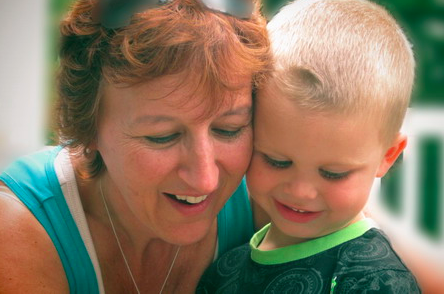 If a child isn’t meeting these developmental milestones, that does NOT mean there is trouble. It is a good time, though, to look into it a bit more. The good news is that, as I said in the first paragraph, we are driven towards talking, so without huge obstacles, kids WILL learn to talk. The challenge is that children who are late learning to talk are at risk for difficulties in their literacy development, since listening and speaking are the foundation for reading and writing. Therefore, if a child isn’t meeting the typical milestones, that is a great time to sit down with a speech-language pathologist and get their assessment of the situation. They will give you some ideas of how you can facilitate your child’s speech and language development, and may offer some sessions for you as a parent, and/or sessions for your child.
If a child isn’t meeting these developmental milestones, that does NOT mean there is trouble. It is a good time, though, to look into it a bit more. The good news is that, as I said in the first paragraph, we are driven towards talking, so without huge obstacles, kids WILL learn to talk. The challenge is that children who are late learning to talk are at risk for difficulties in their literacy development, since listening and speaking are the foundation for reading and writing. Therefore, if a child isn’t meeting the typical milestones, that is a great time to sit down with a speech-language pathologist and get their assessment of the situation. They will give you some ideas of how you can facilitate your child’s speech and language development, and may offer some sessions for you as a parent, and/or sessions for your child.
 There are services available that are covered by Medicare, and these include the Parle-moi/Talk With Me Early Language Service, which is directly accessible to parents. Call them at 1-877-691-8800 for more information. You can call the Department of Speech-Language Pathology at your local hospital for their referral information. Outside of Medicare, there are speech-language pathologists who are in private practice, and who you can access directly – like me!
There are services available that are covered by Medicare, and these include the Parle-moi/Talk With Me Early Language Service, which is directly accessible to parents. Call them at 1-877-691-8800 for more information. You can call the Department of Speech-Language Pathology at your local hospital for their referral information. Outside of Medicare, there are speech-language pathologists who are in private practice, and who you can access directly – like me!
I would like to encourage readers to access a speech-language pathologist to discuss any concerns you might have. Mothers often have a very acute sense if something is not going quite right in their child’s development, so trust your instincts. In most contexts in New Brunswick, a doctor’s referral is not necessary to access speech-language pathology services.
And whether your child’s development falls in the typical range or not, enjoy the magic of the changes as their speech and language develop!
About the Author/Speech Language Pathologist
.jpg) Ruth’s private practice in speech-language pathology serves children, adolescents, and adults who are facing challenges in speech, language and/or communication, and their families. She works with teachers of preschool and school-age children to facilitate children’s success in school. Ruth graduated with a Masters of Science in Speech-Language Pathology from Illinois State University in 1985 and established her private practice in Fredericton in 1990.
Ruth’s private practice in speech-language pathology serves children, adolescents, and adults who are facing challenges in speech, language and/or communication, and their families. She works with teachers of preschool and school-age children to facilitate children’s success in school. Ruth graduated with a Masters of Science in Speech-Language Pathology from Illinois State University in 1985 and established her private practice in Fredericton in 1990.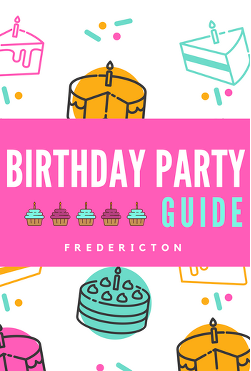











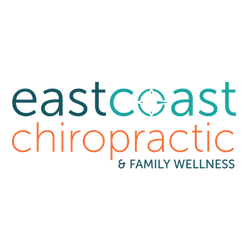

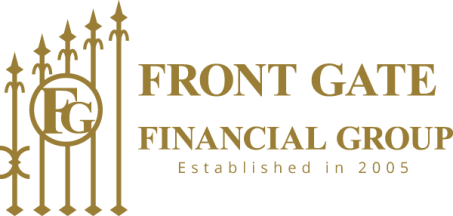
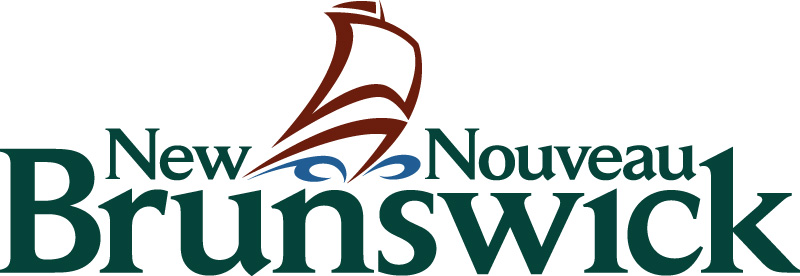




Ruth you made such a big difference in our life. We miss seeing you and Emma still asks about Ruth 🙂
Love seeing the picture of you and Emma chatting – the memories. Thank you 🙂